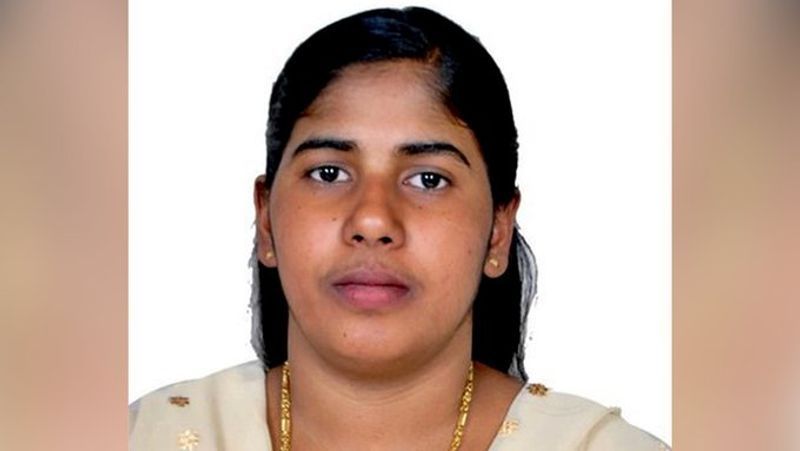
The execution of Indian nurse Nimisha Priya in Yemen has been postponed, offering a temporary reprieve for the woman who is on death row for the murder of a Yemeni national. Originally scheduled for execution on July 16, the delay comes after concerted diplomatic efforts by the Indian government.
Sources indicate that Yemeni authorities have agreed to the postponement, allowing more time for Nimisha’s family to negotiate a resolution with the victim’s family. The Indian government has been actively involved since the case’s inception, with officials maintaining regular communication with Yemeni jail authorities and the prosecutor’s office.
Background of the Case
Nimisha Priya, who hails from Kollengode town in Kerala’s Palakkad district, was sentenced to death by a Yemeni trial court in 2018. Her death sentence was ratified by Yemen’s president on December 30 of the previous year. Nimisha, a married woman with a young daughter, moved to Yemen in 2011 where she met Talal Abdo Mahdi, the man she was later convicted of murdering.
Her husband and daughter returned to India in 2014 due to financial constraints, just as Yemen was descending into civil war. This conflict prevented them from returning, as Yemen ceased issuing new visas.
Allegations and Legal Proceedings
Nimisha Priya claims that the murder was an act of self-defense, alleging that Mahdi had been harassing her for money and had confiscated her passport. She also accused him of forgery, claiming he posed as her husband and subjected her to physical and emotional abuse. Despite these claims, her appeal to Yemen’s Supreme Court was rejected in 2023, and a subsequent appeal to the president was also denied.
“Her release now depends on securing the forgiveness of the victim’s family and their tribal leaders.”
Efforts to Secure Pardon
The postponement of Nimisha’s execution has reinvigorated efforts by her family and advocacy groups to secure her release. Her mother, Prema Kumari, has traveled to Sanaa to negotiate with Mahdi’s family, seeking their forgiveness in exchange for “blood money,” a practice permitted under Yemeni law to nullify the death penalty.
According to Yemeni law, the death penalty can be overturned if the victim’s family agrees to pardon the accused, often in exchange for financial compensation. This cultural practice places significant emphasis on tribal and familial negotiations.
International and Diplomatic Reactions
The case has attracted international attention, with human rights organizations calling for a fair trial and highlighting the complexities faced by foreign nationals in Yemen’s legal system. The Indian government’s involvement underscores the diplomatic challenges in navigating legal systems that differ significantly from its own.
“Despite the sensitivities involved, Indian officials have been in regular touch with the jail authorities and the prosecutor’s office, leading to securing this postponement,” sources close to the negotiations have stated.
Looking Ahead
The delay in execution provides a critical window for further diplomatic and familial negotiations. As Nimisha’s family continues their efforts, the case remains a poignant example of the intersection between international diplomacy and local legal traditions.
The outcome of these negotiations could set a precedent for similar cases involving foreign nationals in Yemen, highlighting the importance of cultural understanding and diplomatic engagement in resolving complex legal issues.







